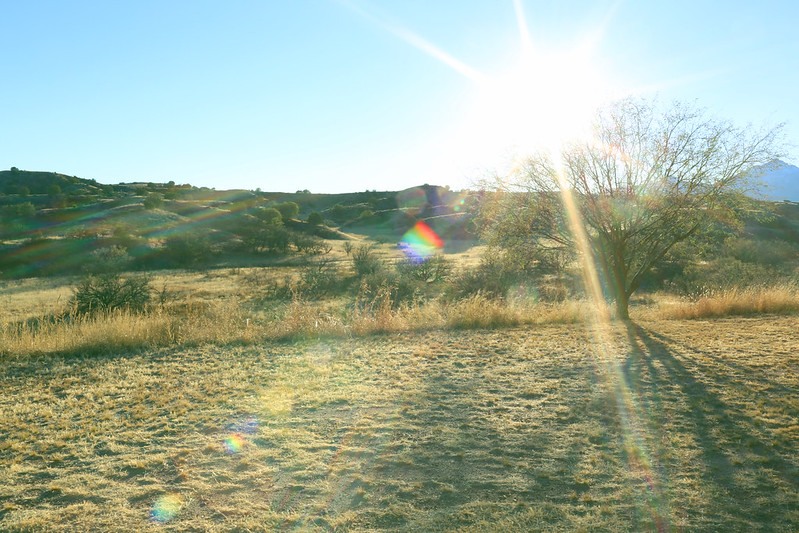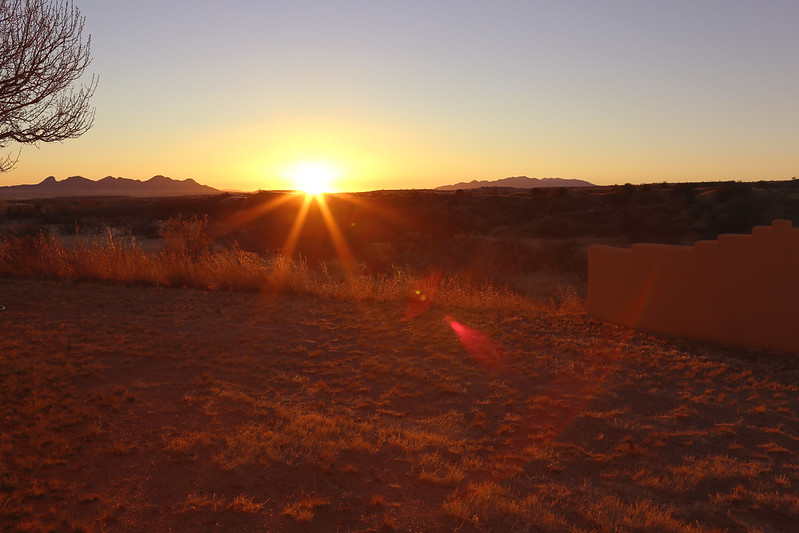
City driving makes me jittery and nervous, so I don’t do it very often. The pedestrians and bicyclists are chess pieces haphazardly played by some strange, illogical hand, bullets to dodge. So here in the city, I mostly walk or take the bus, or take BART, mainly to spare myself the stress and the near-convulsive panic I experience when I parallel-park, which I don’t do well in the first place and do even worse with angry drivers behind me glaring laser beams of fire into my car.
But I like sitting in cars, especially on a cold day with just enough sunlight for the car to trap, becoming its own little greenhouse. There’s something comforting about the protective walls of the car, how it separates you from everything outside of it, so that you’re in your own self-contained sphere, unbothered by anything else. Sometimes the car is most sacred when it doesn’t conform to its function, which is getting you from point A to point B. Sometimes you’re just trying to get it together at point A.
But on a road trip, the automobile itself is your prime destination, where you’ll spend more hours than all other stops combined. You might rest your head or fill up on food, but then you’re back on the road again, moving like a vagabond, living like a rolling stone, a wayward sojourner, briefly. A road trip plays out like the Canterbury Tales, in which the pilgrimage from Southwark to Canterbury contains the stories to be told, even though the stories are named for some end that is a mere abstraction while on the road.
Hours pass easily in the car if they’re not the hours leading up to something else, but rather, the hours that you keep and make something of. At the steering wheel, you stare ahead, the vast expanse awaiting, the open space above. You barrel towards the purple mountains in the distance that never seem to get closer or grow bigger. The Spartan trees, the dead trees, the lonely wind mills, acres of mysterious land, touched but untouched, cleared out but fallow, a purgatorio where the mind whirs and wanders.
On long stretches of empty asphalt, you’re focused enough to keep a sharp mind, but you haven’t given your mind away. There is room for daydreams. This is a meditation on the road, the path ahead of you focusing and re-focusing the squadron of voices in your mind, and you’ve got just enough breathing room to let a mellow, contemplative hum sail on through, like the Bateaux Mouches on the Seine, taking the same circular route, over and over again, with new and curious passengers every time.
My dear friend Asa biked through Europe the year after we graduated from college, and he wrote about what went through his mind on these long rides from Firenze to San Benedetto to Lago di Brescia, and he captures well the interplay of the conscious and the subconscious, the focus and the lack thereof. In a letter, he wrote:
"This isn't to say that you don't think about things, it's just that--well--there are long stretches where (I think) you don't. It's what you do tend to think about that's the truly strange part of the whole thing. When I say that one's mind is not one's own I mean to say that, while riding, the subconscious seems to take the wheel (err--handlebars) and kind of just float stuff around a bit. In some cases, this can be a good thing--I've remembered people and places I hadn't thought of in years on the bike--but in other instances, you get stuck on a bad topic, and there doesn't seem to be any real way (at least that I've discovered) of removing oneself from it. I spent an hour during a day's ride, right after a semi had nearly brushed me off of a particularly bad stretch of road, imagining what my head would look like crushed underneath the tires of this same truck. "Like I bloody watermelon," I thought."
***

Do you remember the first drive you took after a horrible breakup? Or the drive home from the airport after you said a long farewell? That space charged with all the particles of your emotions, the anger, the tragedy, the sadness, accelerating and halting in sync with the car. Whenever my mom gets angry, she clears her mind by going for a drive, detonating her feelings by physically moving through them, a smooth coast along asphalt sanding down the harsh edges of her skin.
I remember a Saturday afternoon in November. We were lying in a car with the seats pushed as far back as possible, backs folded down so we could recline comfortably. There was nothing to do and nowhere to be, so we just lay there, on a quiet suburban street, listening to folk music. The leaves were red, I remember, because when we were walking to the car we picked some off the ground and chose our favorite leaves. There wasn’t much to say, but it was thrilling to be with each other, so we just lay in the car, parallel bodies in space.
Months later, in that same car, we pulled over by the side of the highway, where Bohemian meets Bodega by golden fields of dry grass, and we argued blindly, teary-eyed, about petty things. Petty things that are worth arguing over because in romance, the stakes are great, and every little thing has some unbearable significance, some weighty fear attached to it. As we argued, every turn was hazardous, like city driving. But there was no running away because we were in this cramped little car with each other, with nowhere to go, and we had to stay and figure it out.
In the end, there’s always something waiting on the horizon. Thousands of miles later, when you arrive back where you started, you unpack the car that stoked hours of thought, sheltered so many strands of conversation. That tiny sacred space that moved you through so many landscapes, from the high desert to middle-of-nowhere Arizona, from the Sonoita Mountains to downtown Tucson. Through the redwood forests of California when the sun was setting and you saw only the two red rear-lights of the car ahead of you for miles of windy road, and it seemed like this ride was going to last forever. You fell asleep, and you awoke in awe to a new landscape, and you kept on moving. The car protected you, you felt safe for awhile, but in the end you arrived somewhere else, and you had no choice but to get out and join the crowds again, in the old rhythms of time that the road makes new.
0 comments:
Post a Comment